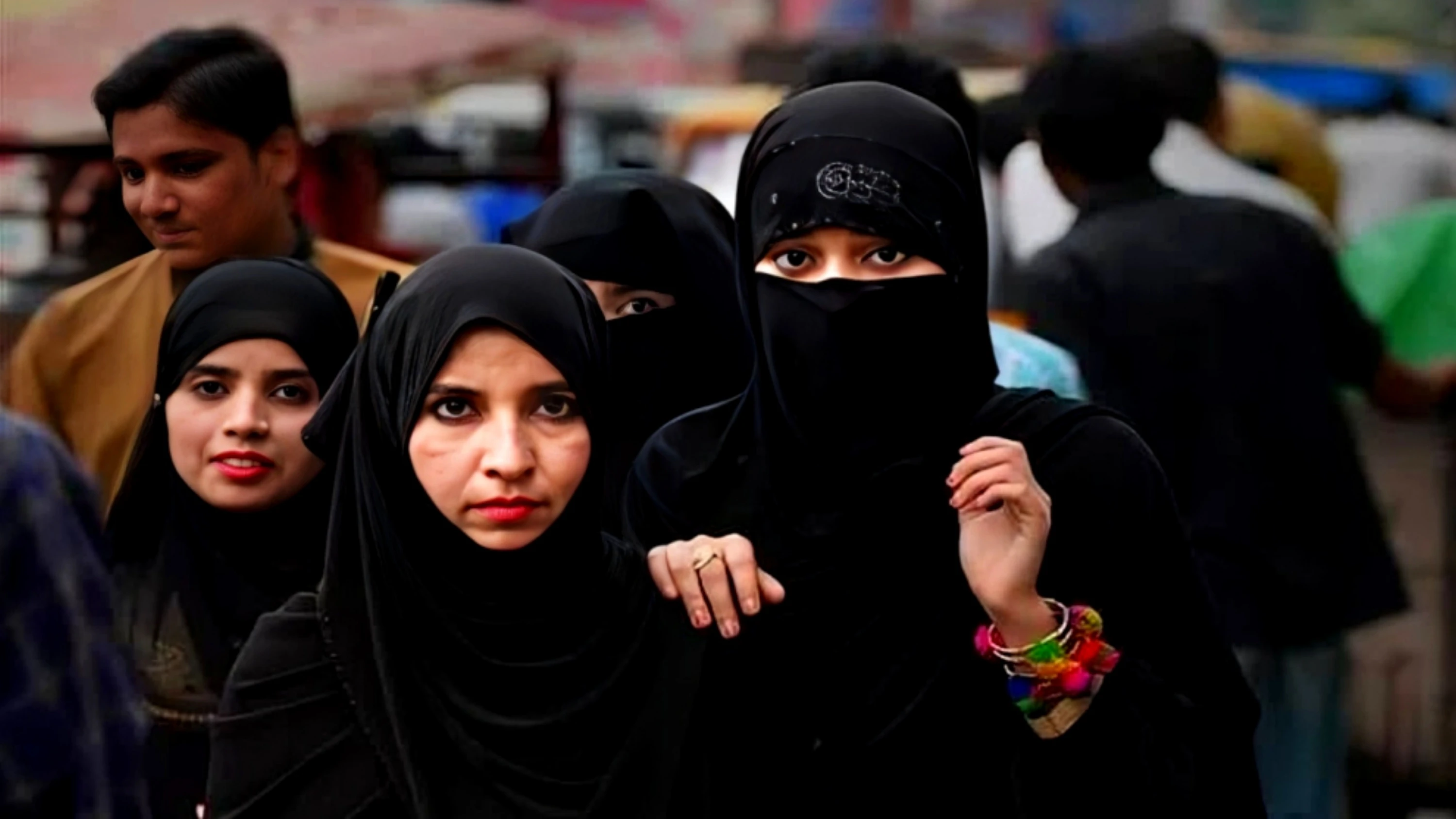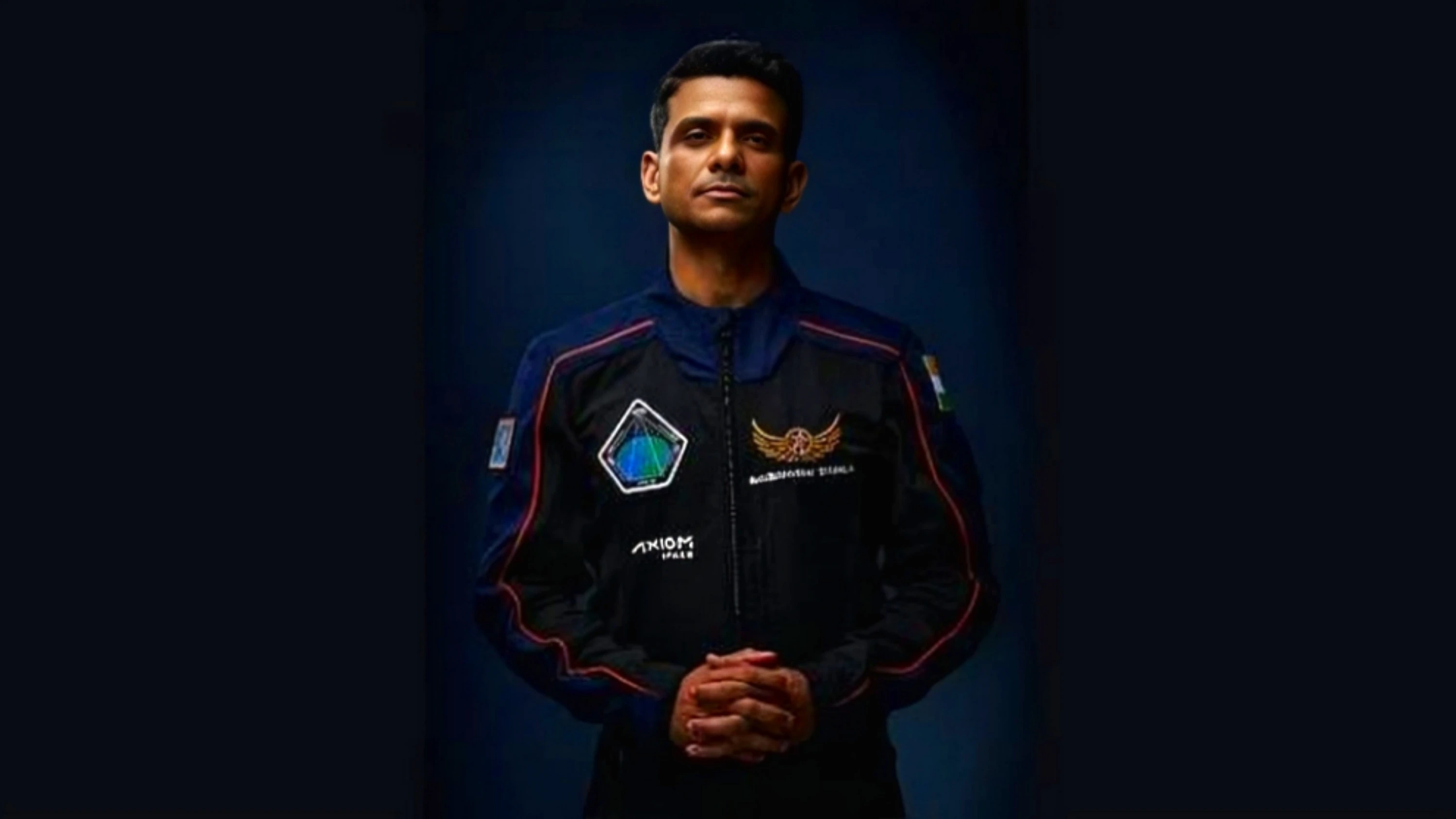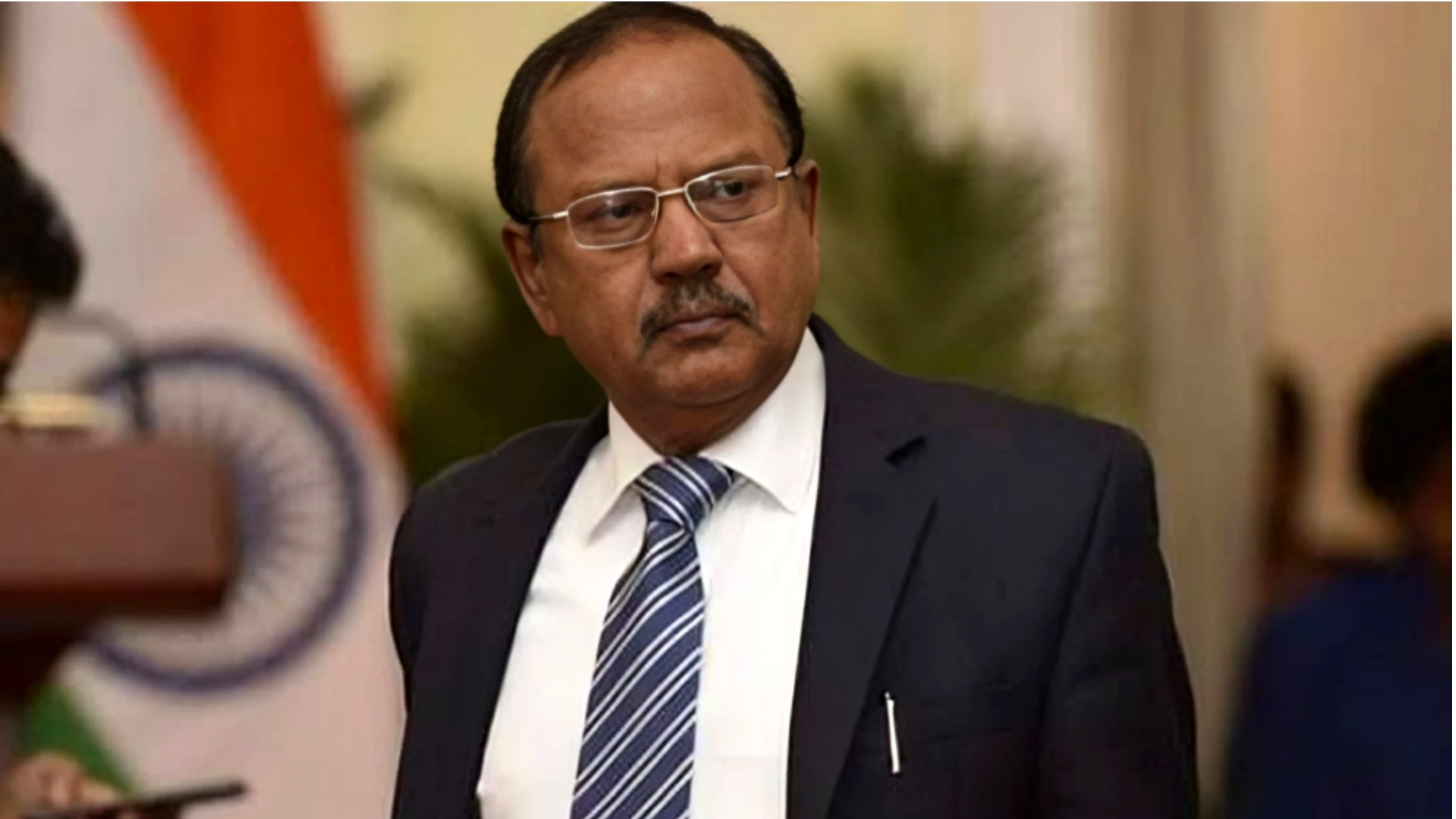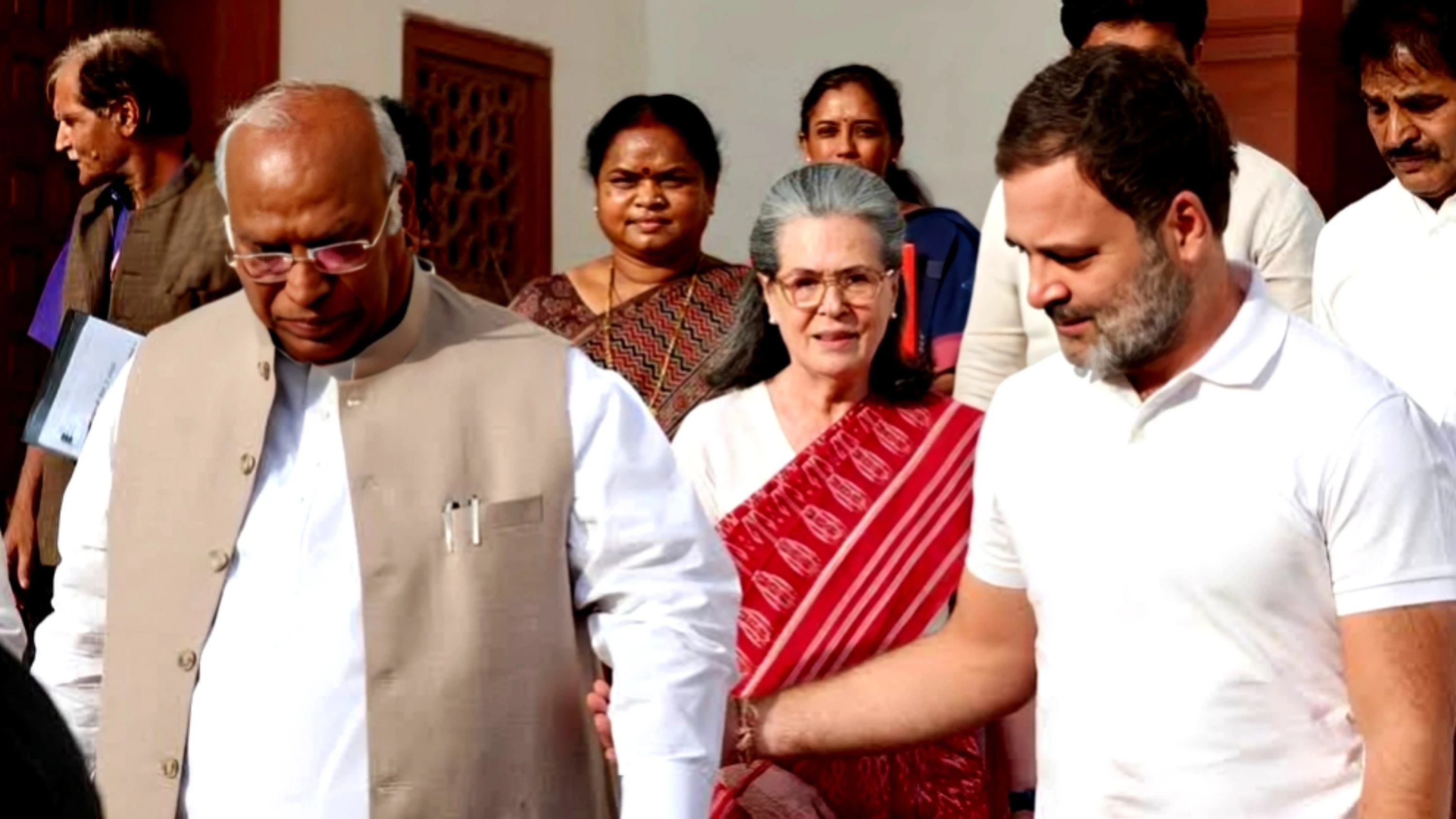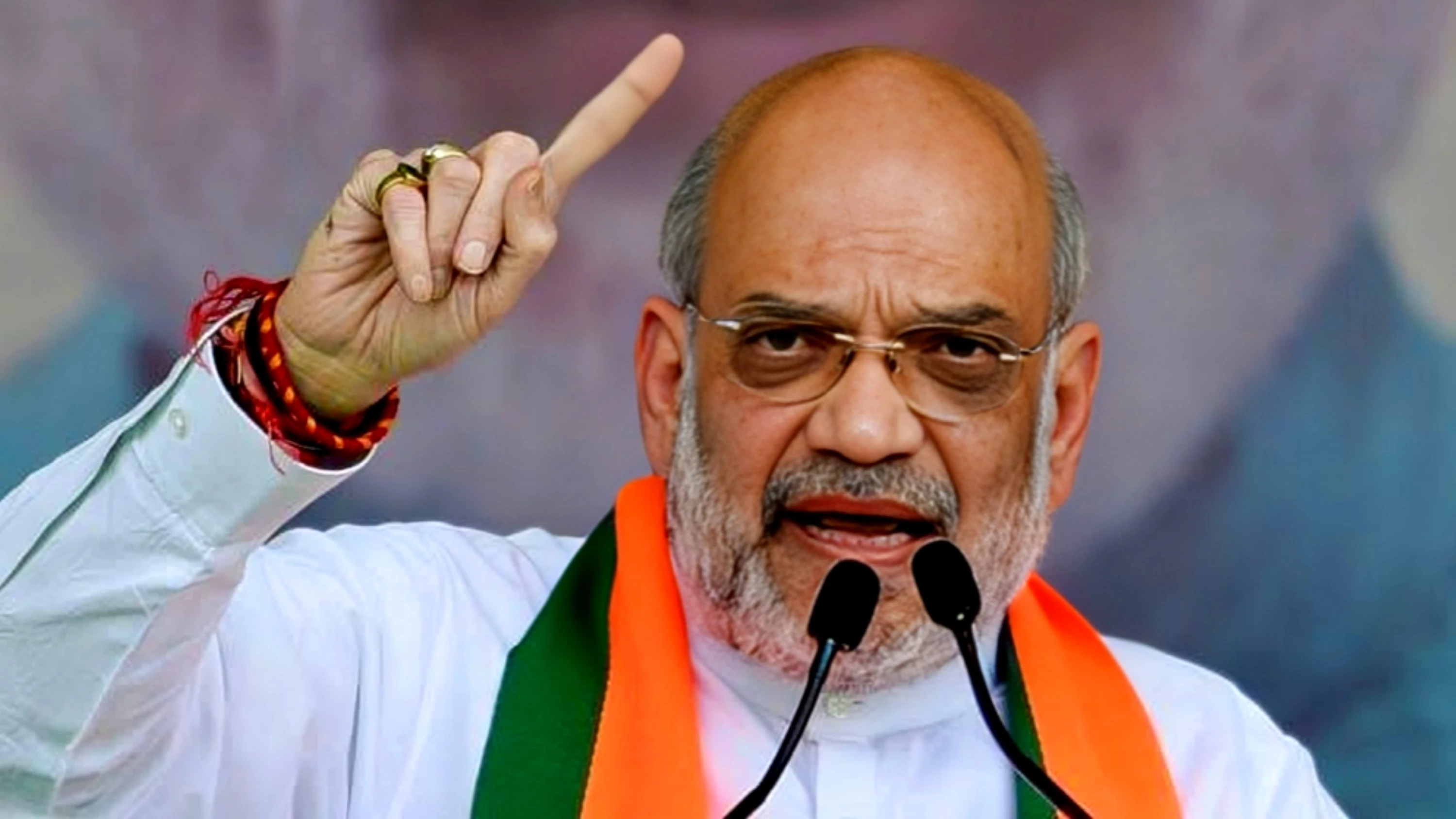Hyderabad: In a landmark decision enhancing the legal autonomy of Muslim women, the Telangana High Court has ruled that a Muslim wife has an absolute and unconditional right to seek a divorce through khula—a form of dissolution of marriage under Islamic law—without needing the husband's consent.
A division bench comprising Justices Moushumi Bhattacharya and BR Madhusudhan Rao delivered the judgment on Tuesday, clarifying that khula is a no-fault, non-confrontational mechanism initiated solely at the instance of the wife. The bench emphasized that once the wife expresses her intention to part ways, the divorce takes immediate effect in the private realm.
“The wife’s demand for khula does not require any cause or the husband's agreement,” the judges stated. “The court’s role is limited to validating the termination of the marriage through a judicial stamp, making it binding on both parties.”
The ruling came in response to an appeal filed by a Muslim man challenging a 2024 family court verdict that upheld a 2020 khulanama issued by the Sada-E-Haq Sharai Council—an Islamic advisory body that mediates matrimonial disputes. The husband had refused to consent to the khula and had sought to invalidate the Council’s certificate.
In a significant observation, the High Court clarified that obtaining a divorce certificate from a Mufti or a Dar-ul-Qaza is not a legal requirement to validate a khula. “Any fatwa or certificate issued by religious scholars is advisory in nature and not legally enforceable,” the bench held.
The judgment asserts that a wife’s right to seek khula is on par with a husband’s unilateral right to pronounce talaq. The bench reinforced that both are unconditional forms of divorce under Islamic law. “A husband may negotiate the return of mehr, but he cannot force the wife to remain in the marriage,” the judges ruled, citing Quranic principles and landmark Supreme Court rulings such as Shayara Bano v. Union of India (2017) and Shamim Ara v. State of UP (2002).
The court also underlined that the only intervention needed from a judicial forum is to ensure that reconciliation efforts were made and that the wife was willing to return the mehr if required. This inquiry, it said, must be summary and procedural, not a full-fledged trial.
In the case at hand, the wife had approached the Sada-E-Haq Council multiple times after reconciliation attempts failed. She was granted a khulanama, which the husband contested in court. The family court dismissed his plea, and the High Court has now upheld that decision, with a caveat: while religious scholars may provide guidance, they cannot issue legally binding divorce certifications.
Acknowledging broader concerns raised by the woman’s legal counsel about the ambiguous legal status many women face after khula, the court expressed hope that its ruling will bring clarity and support to those navigating personal law disputes.
“Courts must continue to play a vital role in addressing the legal uncertainties faced by Muslim women post-khula,” the bench noted. “We trust that all stakeholders will respect and uphold the law as interpreted by the judiciary.”
The ruling also clarified the distinction between khula and mubaraat—the latter being a mutual agreement between both spouses to end a marriage—emphasizing that khula is a unilateral and irrevocable right available to the wife.
This judgment is seen as a progressive step towards reinforcing gender justice within the framework of personal laws, affirming that religious norms cannot override a woman’s fundamental right to seek a dignified exit from a marriage.

